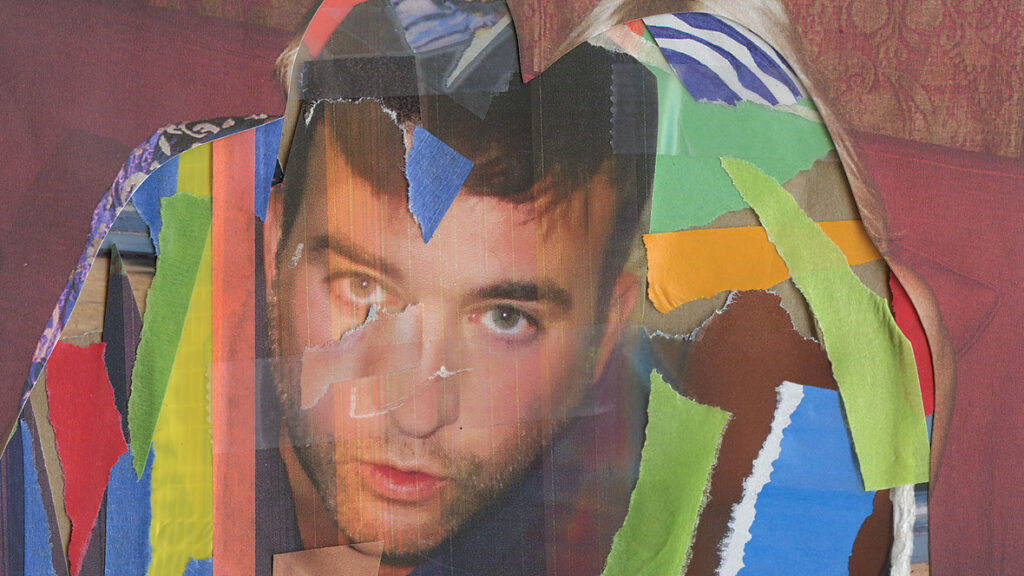Sufjan Stevens reveals he is unable to walk after Guillain-Barre syndrome diagnosis
"My hands, arms and legs were numb and tingling and I had no strength, no feeling, no mobility"
By Emma Wilkes

Sufjan Stevens has been diagnosed with Guillain-Barre syndrome, a rare auto-immune condition.
The indie songwriter said in an Instagram post that the condition, which he was diagnosed with last month, has left him unable to walk, but there is hope that his condition will improve and this will only be temporary.
“Last month, I woke up one morning and couldn’t walk,” he said. “My hands, arms and legs were numb and tingling and I had no strength, no feeling, no mobility.”
Stevens’ brother drove him to hospital, where he underwent a series of tests – including MRIs, X-rays and a spinal tap – before doctors diagnosed him with the condition.
The artist spent two weeks “in Med/Surg, stuck in a bed, while my doctors did all the things to keep me alive and stabilize my condition”. Stevens added that “I owe them my life”.
He has been in acute rehab since September 8, where he is now undergoing intensive physical therapy to regain his strength and eventually try and walk again.
“It’s a slow process, but they say I will ‘recover’, it just takes a lot of time, patience, and hard work,” Stevens wrote. “Most people who have GBS learn to walk again on their own within a year, so I am hopeful. I’m only in my second week of rehab but it is going really well and I am working really hard to get back on my feet. I’m committed to getting better, I’m in good spirits, and I’m surrounded by a really great team. I want to be well!”
Stevens is set to release a new album, Javelin, next month, but explained in the post that he hadn’t been able to participate in its promotion while he’s been focusing on his health.
Guillain-Barre syndrome causes the immune system to attack the nerves. It affects around 1 in 100,000 people each year and while the causes remain unknown, patients often develop the condition after an infection.
According to the NHS, most people recover within a year, but treatment can require several months in hospital.
